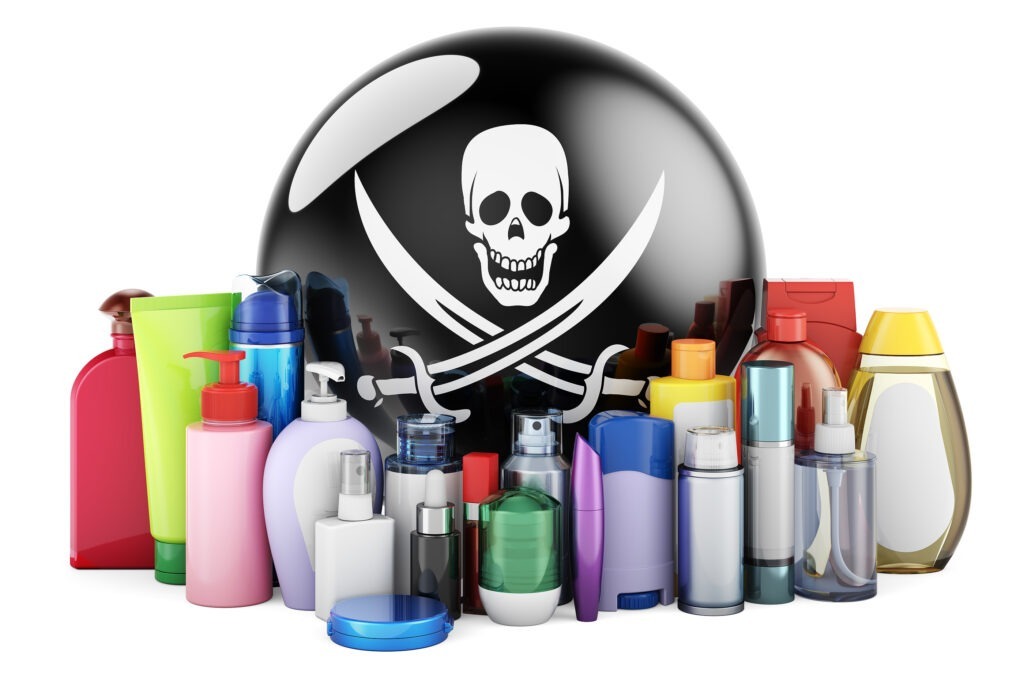How Shampoos are Causing Cancer?
The voluntary recall of certain Unilever hair care products, which the company announced in October 2022, impacts select dry shampoo produced before October 2021. These include products from prominent Unilever brands like Dove, Suave, and TRESemmé. The long-term impacts of benzene exposure can include life-threatening blood disorders, significant bone marrow damage, and cancer, specifically leukemia. The seriousness of benzene poisoning depends on the amount and length of exposure, among other factors, according to the Centers for Disease Control.

Exposure can occur through breathing, eating, and skin contact. The CDC notes that immediate signs of high-level exposure include dizziness, vomiting, unconsciousness, and death in especially severe cases. Benzene is formed both naturally and through human activity, the CDC adds – noting that people nationwide are exposed to the chemical daily on various levels, from tobacco smoke to indoor paint.
Benzene Effects
This highly-toxic and highly-flammable chemical was commonly used in consumer products for many years. Although the company abandoned that process many years ago, coffee giant Sanka used benzene to decaffeinate coffee. Even more commonly, companies including Liquid Wrench used benzene in products like paint strippers, rubber cements, and spot removers. Most of these companies stopped selling benzene-laced products in the 1950s, although Liquid Wrench contained significant amounts of benzene until the late 1970s.
Many academic and scientific studies over the years have linked benzene with serious health problems, such as:
- Aplastic anemia,
- Acute leukemia,
- Bone marrow abnormalities,
- Cardiovascular disease, and
- Myelodysplastic syndrome (MDS).
In 1948, the American Petroleum Institute stated that “the only absolutely safe concentration for benzene is zero.”
Various government agencies, including the EPA and the Occupational Safety and Health Administration, have established minimally acceptable benzene exposure levels. These levels are very low, but they’re all above zero.
FDA Recall
Most agencies, including the Food and Drug Administration, only recall products in extreme circumstances. In other matters, such as borderline-high benzene levels, regulators often look the other way.
User fees provide almost half of the FDA’s operating budget. In simple terms, the more products that regulated industries sell, the more money the FDA gets. If the FDA doesn’t make enough money through this route, lawmakers get pressured to raise taxes.
In many cases, the same inspectors who approved products for sale must also issue recall requests. So, these bureaucrats must admit they were wrong, and the product was unsafe when they approved it.
Compensation Available
Manufacturers know the dangers of benzene. An industry group, not a safety watchdog, identified the hazard more than fifty years ago. Since companies ignore this knowledge, a New York personal injury attorney may be able to obtain substantial compensation in these cases.
The compensation begins with economic losses. Many cancer treatments cost more than $10,000 a month. Victims need substantial resources to fight this disease. The law requires negligent companies to pay this compensation.
Additionally, victims are entitled to compensation for their noneconomic losses, such as pain and suffering.
Victims are often entitled to additional punitive damages. Companies must pay these damages if jurors determine that the defendant deliberately ignored a known risk. Given the body of knowledge mentioned above, such findings are almost inevitable, even though a higher standard of proof applies. A punitive damages cap may also apply, in some cases.
Injury victims are entitled to substantial compensation. For a free consultation with an experienced personal injury attorney in New York, contact Napoli Shkolnik, PLLC. We handle these matters on a nationwide basis.